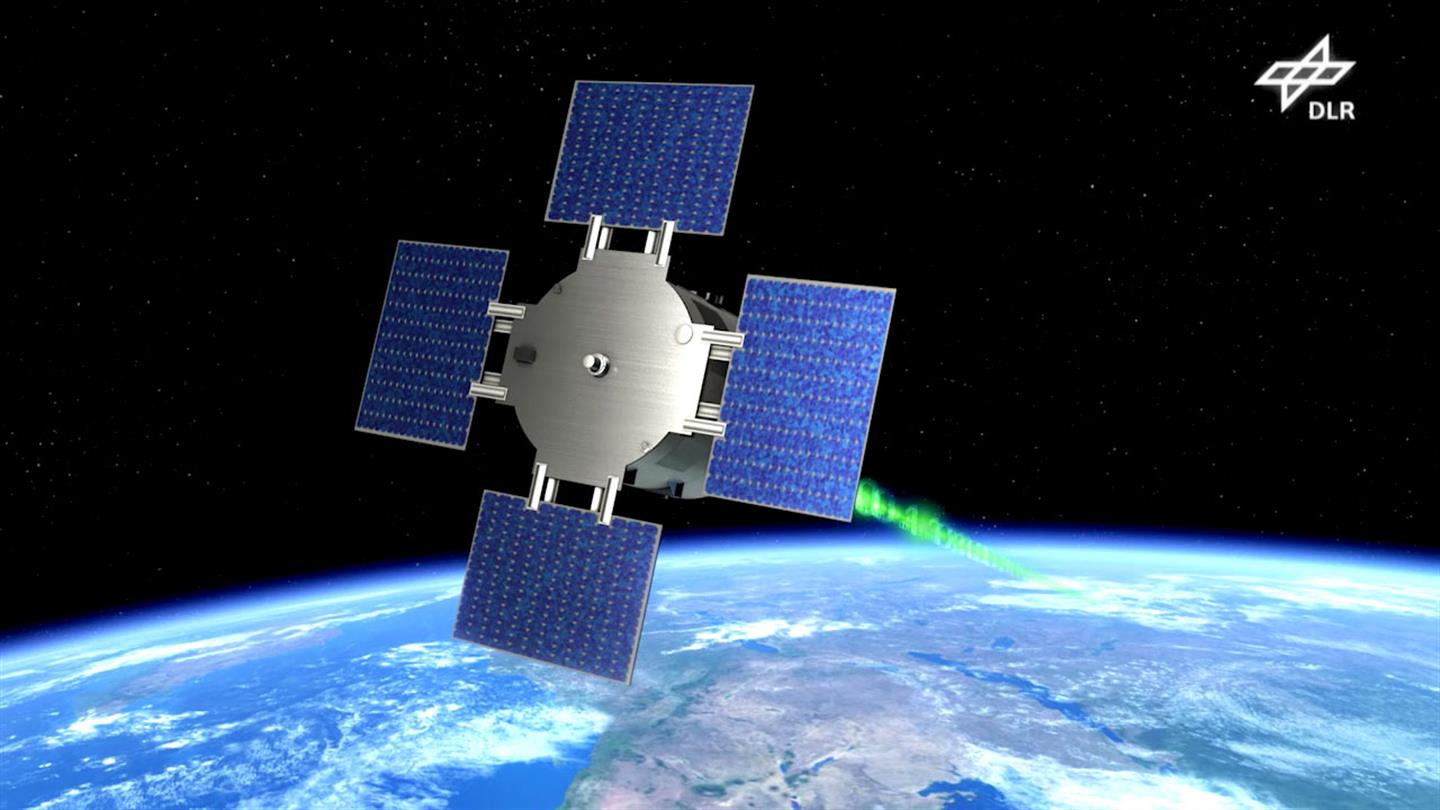Watch out for the black holes in those QC chips.
Eindhoven professor Rembert Duine has proposed a way to simulate black holes on an electronic chip. This makes it possible to study fundamental aspects of black holes in a laboratory on earth. Additionally, the underlying research may be useful for quantum technologies. Duine (also working at Utrecht University) and colleagues from Chile published their results today in Physical Review Letters.
“Right now, it’s purely theoretical,” says Duine, “but all the ingredients already exist. This could be happening in a lab one or two years from now.” One possibility is in the group of Physics of Nanostructures in the Department of Applied Physics. According to Duine, in these labs experiments are being done that are necessary to create this type of black holes.
Event horizon
Black holes in space are so dense that nothing can escape their gravitational pull once it passes a point of no return called the event horizon. The researchers have now found a way to make such points of no return for spin waves, fluctuations that propagate in magnetic materials. When an electric current runs through the material, the electrons drag these waves along.







